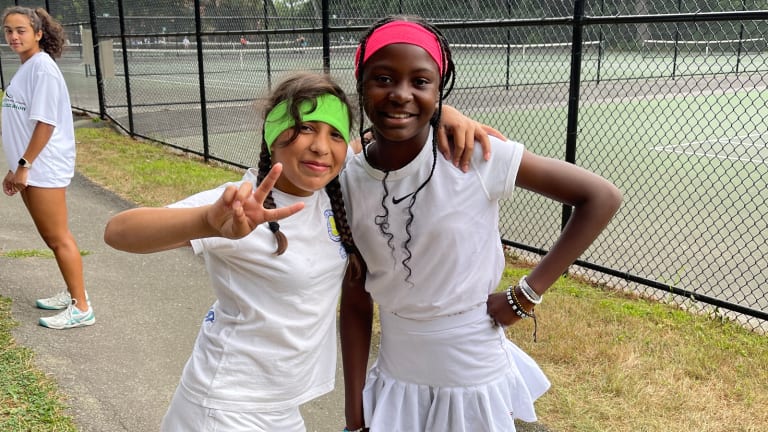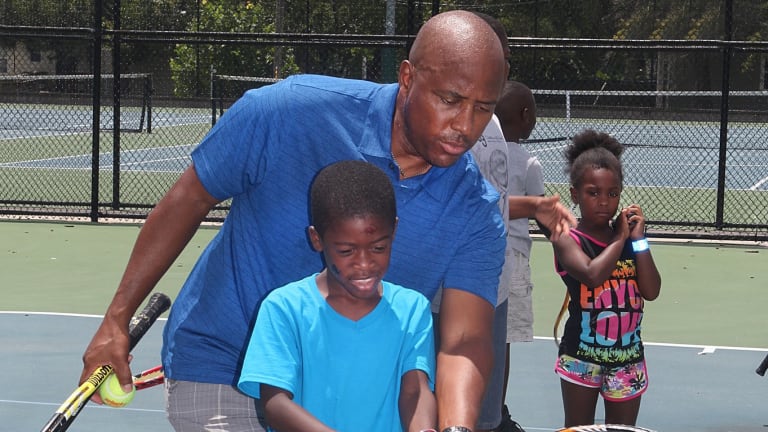Tennis.com Interview
“Teaching happiness”: How raising a successful athlete can mean raising a successful person
By Feb 10, 2023Tennis.com Interview
Miami Open champion Jakub Mensik: “Clay is in my blood”
By May 12, 2025Tennis.com Interview
Rome: New racquet, sober lifestyle kickstarts latest Bianca Andreescu comeback
By May 10, 2025Tennis.com Interview
“Now, he’s a normal player”: Jannik Sinner’s first opponent post-suspension embraces challenge
By May 09, 2025Tennis.com Interview
Rome: Diana Shnaider declares Dinara Safina coaching split with double bagel
By May 08, 2025Tennis.com Interview
Jack Draper: Affirmations help “create your own reality”
By May 07, 2025Tennis.com Interview
Casper Ruud: Sports psychology “personal training for your feelings”
By May 06, 2025Tennis.com Interview
Alexandra Eala talks 🇵🇭 Filipino fans, Sharapova style ahead of Rome debut
By May 06, 2025Tennis.com Interview
Why tennis is very lucky to have Carlos Alcaraz
By May 05, 2025Tennis.com Interview
Casper Ruud gets back on the hamster wheel after seeking help for mental health
By May 02, 2025“Teaching happiness”: How raising a successful athlete can mean raising a successful person
We talk to veteran author Frank Giampaolo about his new book, “The Psychology of Tennis Parenting”
Published Feb 10, 2023
Advertising
Advertising
Advertising

In most other sports, there’s a school team and a coaching staff that handles everything from running practices to planning schedules to organizing road trips to paying expenses. When it comes to junior tennis, though, a parent and child are mostly on their own.
Advertising

“I do believe the game makes kids better people,” says Giampaolo. “Tennis is a great way of teaching important life skills and character traits—resiliency, courage, focus, problem solving, time management.”